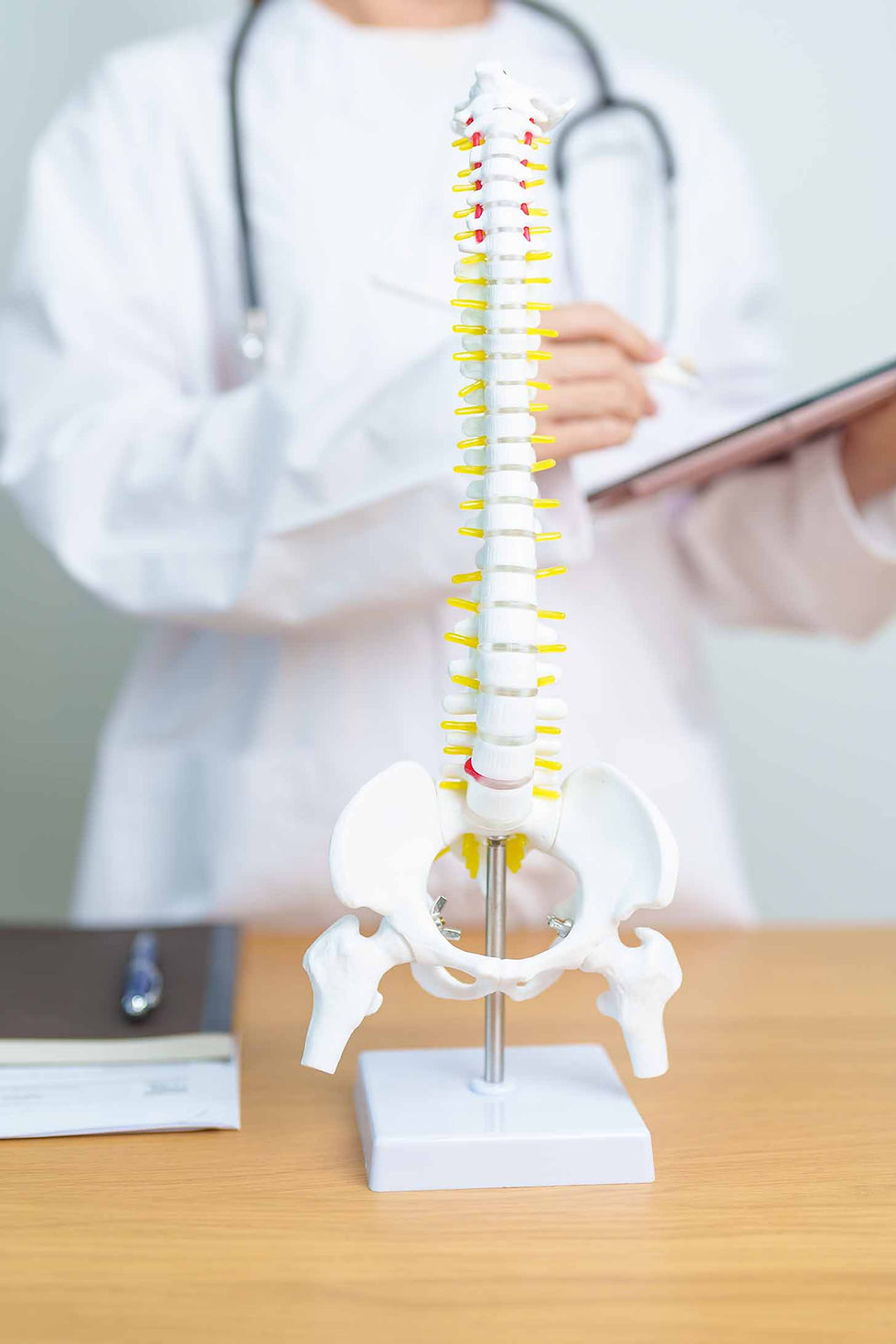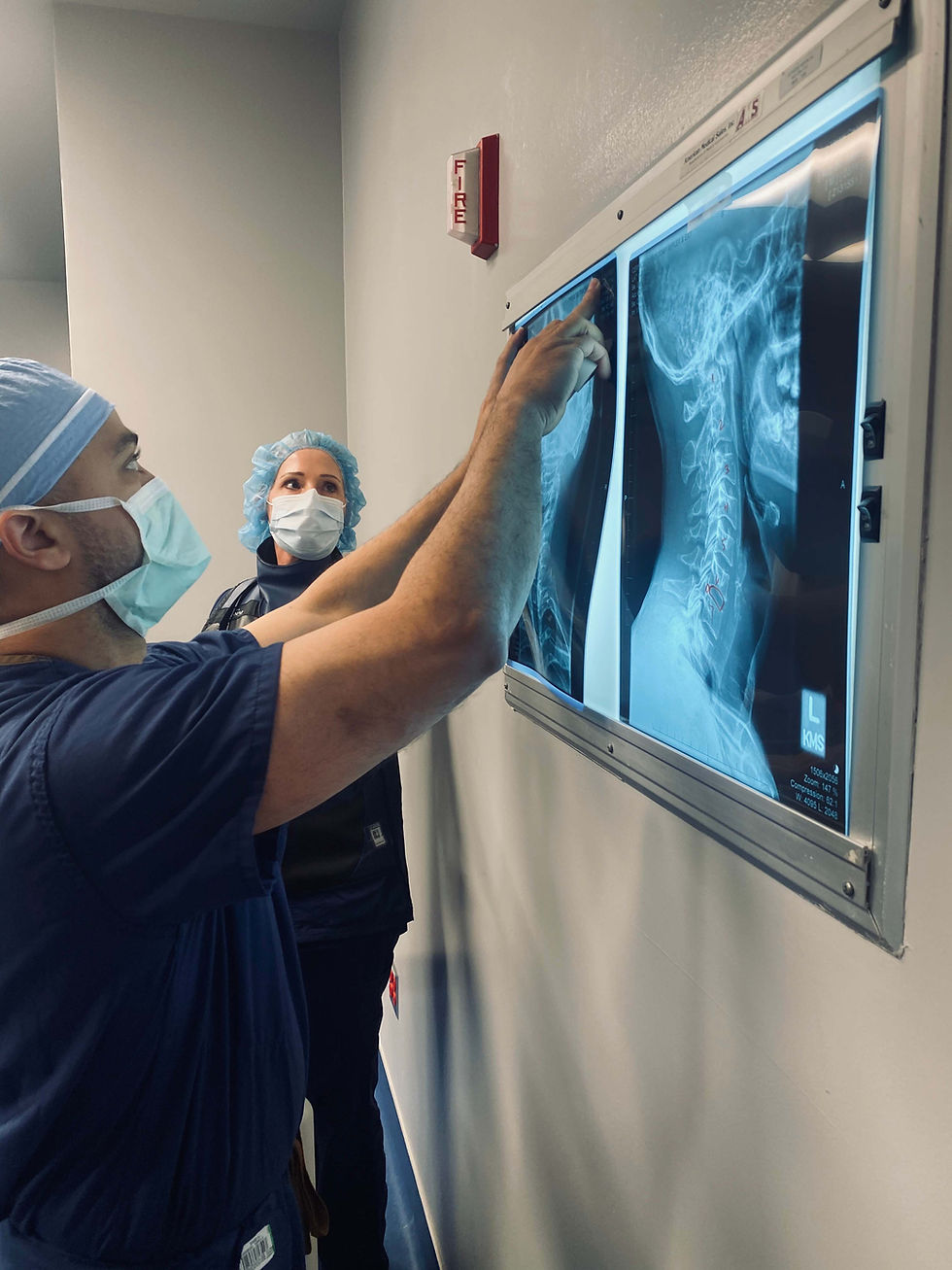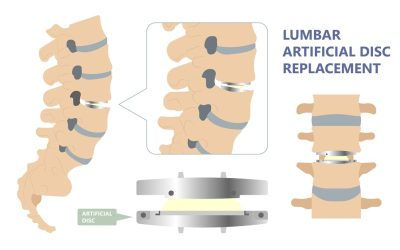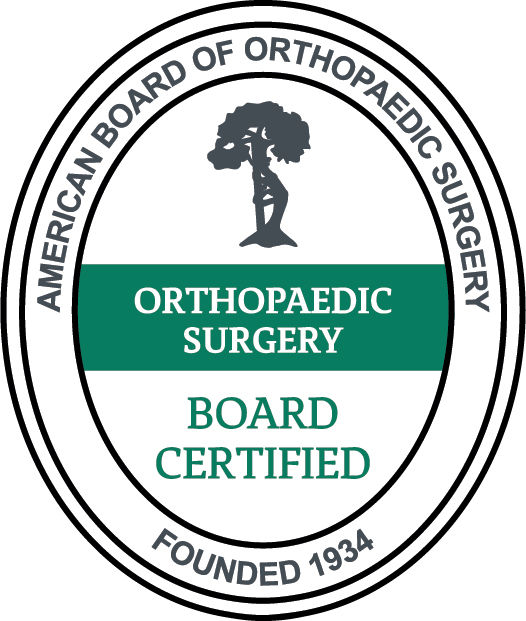
_PNG.png)
RESTORE FUNCTION
AND GET BACK TO REAL LIVING
PHOENIX BACK AND SPINE SPECIALISTS
Our practice, (with offices in Scottsdale, West Valley and South East Valley) is rooted in our dedication to patient care and our conservative approach to the management and treatment of conditions of the spine.
Medical Director and Founder, Rafath Baig, M.D. is committed to patient education, as is our entire team of providers and support staff. At Desert Spine and Scoliosis Center, we understand the importance of developing meaningful provider/patient relationships, which helps facilitate open, honest and effective dialogue with our patients
Call (480) 993-1300



Get maximum relief with minimal risk

MINIMALLY INVASIVE
SPINE PROCEDURES
ENDOSCOPIC
SPINE SURGERY
STEREOTACTIC
SPINE PROCEDURES
NON-SURGICAL
TREATMENT OPTIONS

Why Do Patients Choose
Desert Spine & Scoliosis Center?
When you’re in pain, your goal is to restore your quality of life and get out of pain as quickly as possible.
At Desert Spine and Scoliosis Center, we help you get a precise diagnosis tailored to your condition and lifestyle goals.
As top rated spine surgeons should tell you, this doesn’t always mean surgery.
You can expect at least a 45-minute consultation with our top spine specialists before spine surgery will ever be recommended, during which we review a complete health history, your symptoms, and a complete review of your diagnostic imaging such as MRIs or X-rays. Discover our patient-tailored approach from ultra minimally invasive endoscopic spinal surgery to complex revision spine surgery––schedule an appointment today


Consult Our Back Surgeons in Phoenix
Back pain can often be a result of an accident, injury, or congenital conditions such as scoliosis. Certain forms of back pain can be a result of the natural aging process, including conditions such as disc protrusion and spinal stenosis.
Today, advancements in imaging, and non surgical techniques have led to more treatment options than ever before, allowing us to return our patients the life they once knew…usually without the need for invasive spine surgery.
Typically, back surgeons in Phoenix offer one type of help, even though there are many others available. When you work with Dr. Baig at the Desert Spine and Scoliosis Center, you can rest assured that everything is on the table when it comes to potential treatments that are accepted by the medical world. As a top-rated spine specialist, Dr. Baig understands that this complicated part of the body can lead to many different problems, and each possibility will be considered before deciding on a treatment protocol.
Get answers, get help, get back to a better quality of life––schedule an appointment today.
Craig’s Story of Overcoming Back and Leg Pain

WE DIAGNOSE THE ROOT
Chronic back pain can be debilitating and leave you feeling hopeless. When Craig wasn’t getting the care he felt he deserved, he reached out to Dr. Baig to get the help he needed.
Unfortunately, this is a common problem: People suffering from back pain see a doctor, get diagnosed with some type of “chronic” condition, obtain a prescription and perhaps go to a few physical therapy appointments. They feel a bit better for a time, but the root of the problem is never diagnosed or properly treated. This is how back pain can become chronic, and this is why people ultimately seek the help of Desert Spine and Scoliosis center, expert back surgeons in Phoenix.
Dr. Baig, one of the most respected back surgeons in Phoenix, helped Craig identify his problem by relying on his years of expertise as a spine specialist in Phoenix. With the proper treatment, Craig’s condition improved and he was able to get back into life without the terrible pain that had dragged him down for so long. This is what patients should reasonably expect from our team of Phoenix spine surgeons.
MORE SUCCESS STORIES

Let Our Spine Specialists Help You Decide the Right Treatment Option for You.
There’s no single cause of back pain. That’s why, at Desert Spine and Scoliosis Center, there’s no such thing as a ‘one-size-fits-most’ approach to diagnosing and managing back pain. Our back surgeons and spine specialists treat patients as individuals, and we will explore all options rather than simply recommending spinal surgery as a first-line treatment.
Our patients vary widely––from athletes with acute injuries to older patients with chronic pain––and they come from across North America for an effective diagnosis of their back, neck, and neuropathic pain.
Although our spine specialists are highly trained and experienced surgeons, we know that invasive surgery is usually not indicated for most back pain patients. Acclaimed surgeon Dr. Baig and our specialists are only interested in the result, and if that result can be achieved without surgery, then that’s almost always the preferable course of treatment.

sOLUTIONS FOR YOUR
INDIVIDUAL NEEDS
If you have been told you need spine surgery, you owe it to yourself and your family to contact us for a second or even third opinion. What you learn from our providers might just change your outlook on life— and help you make the healthcare decisions that are best for your individual needs.
Neck and back pain are tricky things, and they can be difficult to accurately diagnose if you don’t approach each patient with a completely open mind as it relates to what could be the root cause of the problem.
Do you already have an MRI? Contact us with questions or request your free MRI review with Dr. Baig today.

_PNG.png)

The Baig Idea
Check out our latest articles!
Your resource for addressing chronic pain and getting back to real living, including insights from our resident expert surgeon, Dr. Rafath Baig.

.jpg)

Whether you’ve been told that you should have disc replacement surgery and are looking for a second opinion or you are researching different treatment options for the neck or back pain that you’re currently experiencing that don’t involve fusion...

If you suffer from a disc condition that makes moving painful like degenerative disc disease or a herniated disc, you may have been told that you need a spinal fusion. This isn’t necessarily true. In fact, in many cases, damaged spinal discs of both the lumbar and...

Spine surgery isn’t for everyone, but if you happen to be a candidate for spine surgery, having it could change your life. If you’re suffering from lower back pain, neck pain, or nerve pain stemming from your neck or back that is radiating into your extremities...

WHAT OUR PATIENTS SAY
We wanted to take a moment to express our heartfelt gratitude to our patients who take the time to leave a review about their experience at our practice.
Your kind words and feedback are greatly appreciated by our entire team, and your review helps other patients make an informed decision about where to turn to for care.
Thanks again for sharing your experience with others. You are making a difference.
T.M. ~ Actual Patient
"Dr Baig and his team are phenomenal. I had a compressed nerve due to a bulging disc and was able to be seen relatively quickly. Surgery was quick and flawless and I have no complaints at all. I truly appreciated how fast they worked to get me seen and out of all the pain I was in! Highly recommend them."
A.H. ~ Actual Patient
"Dr Baig literally changed my life for the better. I had a severely pinched nerve in my neck and needed to get surgery. Immediately at my first consult I felt comfortable and in good hands. I even walked away with a smile on my face during that scary time.
Surgery day couldn’t have gone better. The team he had also had a great bedside manner and helped keep me calm.
After the surgery and in the recovery room, he came in and checked on me and made sure I was all good before releasing me."
S.D. ~ Actual Patient
"Dr Baig was going to be my second opinion for an upcoming scheduled spinal surgery. After my appointment, he will be my surgeon. He gave me a lot of information that was lacking from my other doctors. I felt very comfortable with Dr Baig and his entire office staff. Looking forward to living pain free after we strengthen my bones. It’s going to be a permanent fix and not a bandaid."






Consult Our Back Surgeons in Phoenix
Back pain can often be a result of an accident, injury, or congenital conditions such as scoliosis. Certain forms of back pain can be a result of the natural aging process, including conditions such as disc protrusion and spinal stenosis.
Today, advancements in imaging, and non surgical techniques have led to more treatment options than ever before, allowing us to return our patients the life they once knew…usually without the need for invasive spine surgery.
Typically, back surgeons in Phoenix offer one type of help, even though there are many others available. When you work with Dr. Baig at the Desert Spine and Scoliosis Center, you can rest assured that everything is on the table when it comes to potential treatments that are accepted by the medical world.
CONTACT US
LOCATIONS
Conservative care you can trust, with multiple locations in the valley!
Just how ‘minimal’ is minimally invasive spine surgery?
Book your appointment today and we'll be happy to educate you!
As a top-rated spine specialist, Dr. Baig understands that this complicated part of the body can lead to many different problems, and each possibility will be considered before deciding on a treatment protocol.
Get answers, get help, get back to a better quality of life––schedule an appointment today.
_PNG.png)



